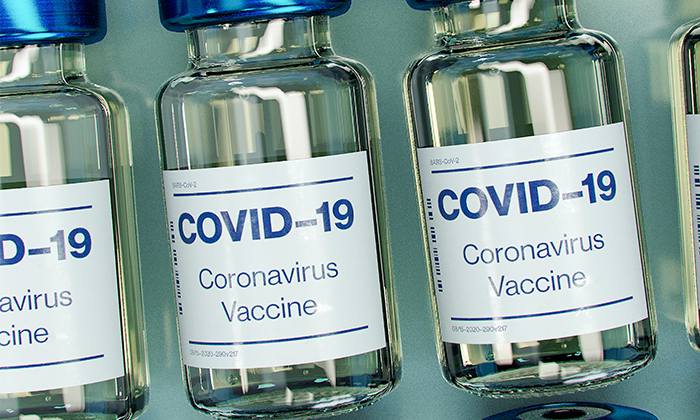Multivariant COVID vaccine booster shows early promise
05 Jan 2022
The first results of an early trial of a multivariant COVID-19 vaccine booster, launched in Manchester in September 2021, has shown it is driving a comprehensive immune response

US-based biotechnology company Gritstone bio, Inc. in collaboration with The University of Manchester and Manchester University NHS Foundation Trust has revealed the initial phase one clinical data shows the vaccine has strong levels of neutralising antibodies, similar to approved mRNA vaccines, but at up to a 10-fold lower dose in the first 10 individuals.
Results also show the vaccine, which is being trialled with the anticipated involvement of 20 people aged 60 and over, who were in good health and previously received two doses of AstraZeneca's first-generation COVID-19 vaccine, was generally safe and well-tolerated.
Gritstone's jab is a self-amplifying mRNA Covid vaccine – or samRNA for short – which targets both spike and non-spike proteins of the virus.
The experimental vaccine also produced broad T-cell responses, which virologists say offers longer-lasting protection than antibodies, which can wane over time.
While antibodies bind to the body's foreign invaders and tell the immune system it needs to take action, T-cells are a type of white blood cell which hunts down and destroy infected cells in the body.
Based on results, the trial is now being expanded to 120 people, potentially enabling more rapid advancement into a later stage trial.
The trial is taking place within the National Institute of Health Research Manchester Clinical Research Facility (NIHR Manchester CRF) at Manchester Royal Infirmary, part of Manchester University NHS Foundation Trust (MFT). At MFT, the trial is being delivered by the Research and Innovation Vaccine Team. The trial is supported by Health Innovation Manchester.
Andrew Allen, Co-founder, President and Chief Executive Officer of Gritstone, said: “This innovation enables inclusion of a wide array of highly conserved viral epitopes, potentially creating an immune state that may offer more robust clinical protection against current and future SARS-CoV-2 variants and be a first step toward developing a pan-coronavirus vaccine.”
Professor Andrew Ustianowski, an Honorary Clinical Chair at our University and Consultant in Infectious Diseases and Tropical Medicine is Chief Investigator for the study at MFT, which is also the chief site. He said: “We are excited to announce the expansion of the footprint of this trial from an initial 20 people to 120 and are looking forward to continuing this work with Gritstone in the clinical development of this promising next generation, T cell enhanced COVID-19 vaccine.
“It is increasingly apparent that a focus on T cell immunity is an important way to generate the robust and durable immunity that may prevent future SARS-CoV-2 variants from causing severe disease, hospitalisation, and death.”
He added: “We know the immune response to first generation vaccines can wane, particularly in older people. Coupled with the prevalence of emerging variants, there is a clear need for continued vigilance to keep COVID-19 at bay.
“We believe this vaccine, as a booster, will elicit strong, durable, and broad immune responses, which may well be likely to be critical in maintaining protection of this vulnerable elderly population who are particularly at risk of hospitalisation and death.”
Data for additional cohorts will be available over the coming months.
